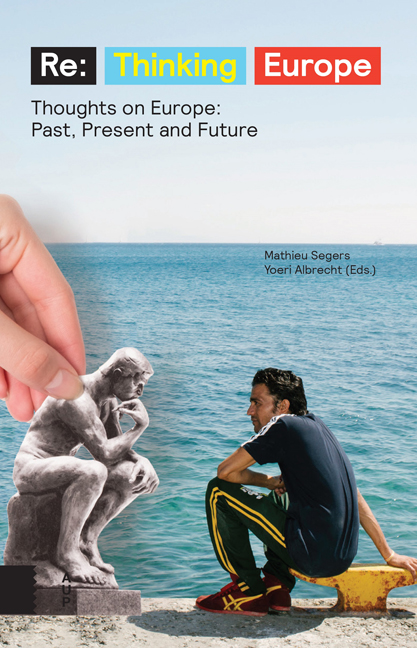Thoughts on the Future: Algiers, 5 August 1943
Published online by Cambridge University Press: 07 January 2021
Summary
Algiers, 5 August 1943
The current circumstances of the war […] may bring about the imminent defeat of the enemy and the liberation of Europe. We must be prepared for that moment; before it comes, diplomatic arrangements must be made and European nations educated. The main ideas to help restore democratic institutions, the hope that a constructive programme of European reorganisation brings property and peace, and the belief that such solutions will only be found through international cooperation must be planted in people's minds.
By doing so we will have contributed to laying the foundations, which, by believing in democracy and the hope of a better world, will help eliminate the greatest dangers of European reconstruction and peace, namely the belief that by affirming nationalism and national sovereignty in all its political and economic forms, the anxieties of nations can be appeased and future problems can be solved.
[…]
We must therefore act before the enemy collapses. We must act now. That is the duty of the French Committee of National Liberation. It must impose a course of action, sound out the Allies, not necessarily to obtain their approval but to take into account, in the final form of its position, of the essential points that diverge from theirs, as their collaboration – or at least the collaboration by some of them – will be necessary for our undertaking to succeed. The Committee must then speak to France and to the rest of the world.
The goals to achieve are the following: the re-establishment or establishment of a democratic regime in Europe, and economic and political organisation of a ‘European entity’. These two conditions are essential for establishing the conditions to make peace in Europe a normal part of life. There will not be peace in Europe if regimes can be established in which the right of opposition is not respected and in which free elections are not held. These two conditions are essential for restoring and maintaining all the essential freedoms of speech, assembly, association and so on, upon which the very foundations of Western civilisation have been built.
There will not be peace in Europe if the States are reconstituted based on national sovereignty, with everything this entails regarding prestige politics and economic protectionism.
- Type
- Chapter
- Information
- ReThinking Europe Thoughts on Europe: Past, Present and Future, pp. 171 - 176Publisher: Amsterdam University PressPrint publication year: 2016



